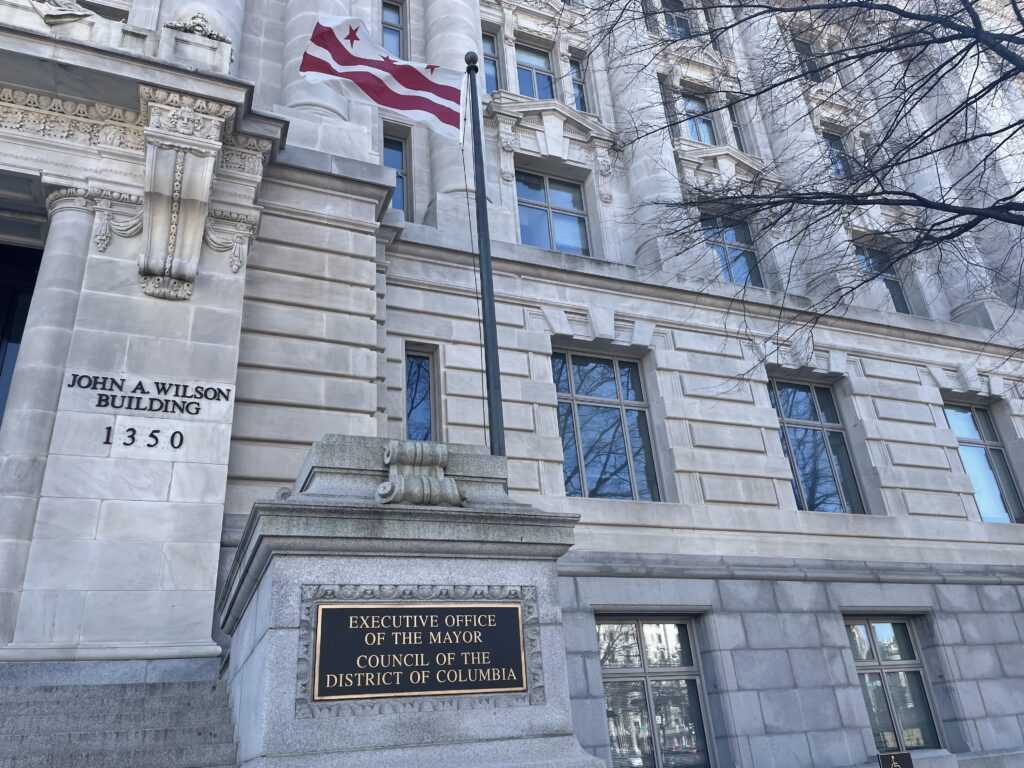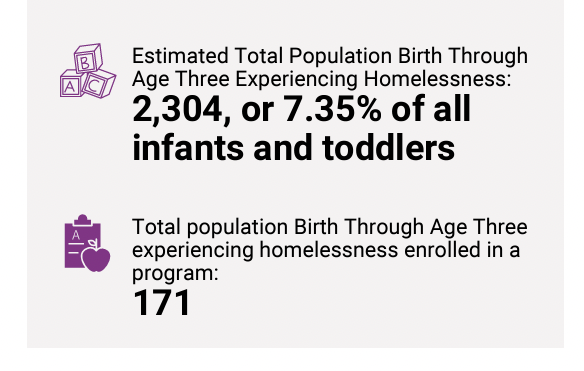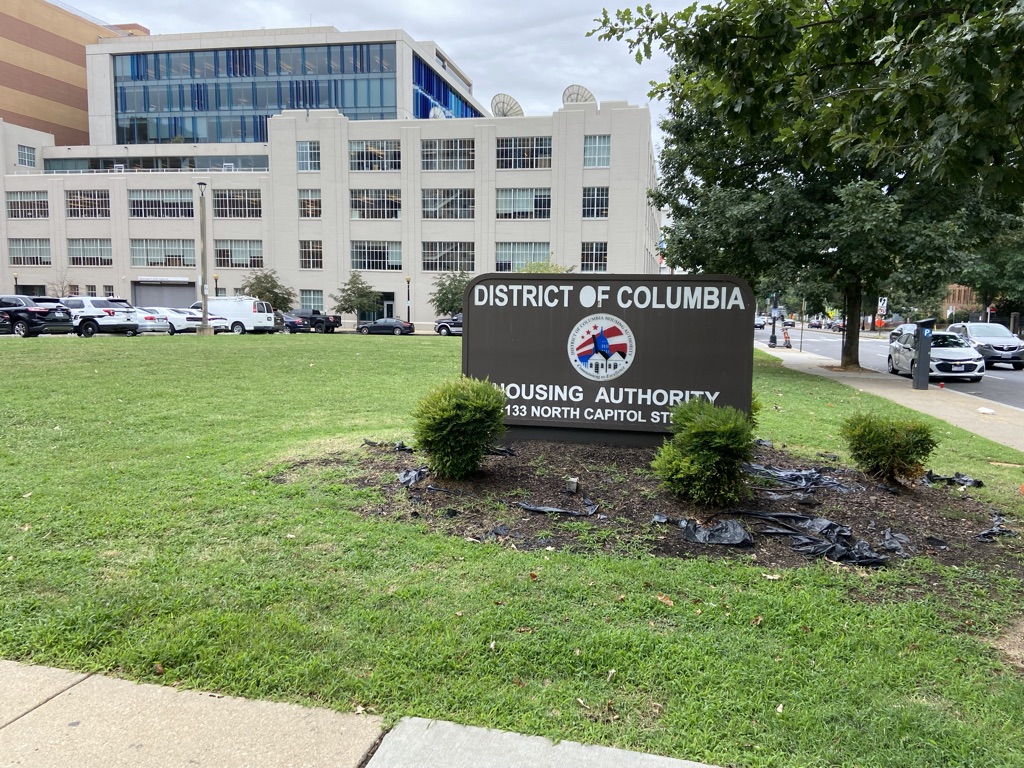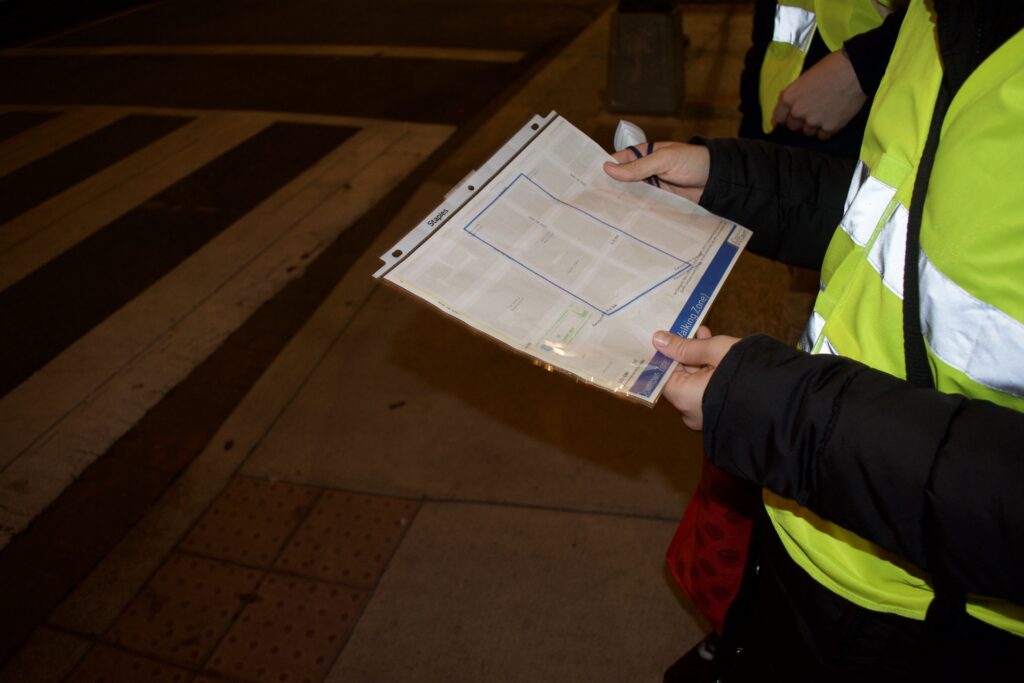Unhoused residents across the District are feeling the impact of the city’s social worker shortage. Anyone seeking to use a housing voucher in D.C. must be first assigned a social worker to begin the process, so with a dearth of social workers, people approved for housing vouchers have had to endure months-long waits to sign leases and move into apartments.
The D.C. Council is considering two bills that would respond to the shortage, both introduced by At-large Councilmember Robert White. Together, these bills remove two of the largest barriers to social work in DC: education and testing requirements.
Social workers, also referred to as case managers, are an essential piece of the homelessness services system. They walk clients through applications for vouchers and housing and are tasked with providing support to people throughout their experience with homelessness. One of the main reasons D.C. has been slow to use the 2,400 vouchers funded in 2022, according to homeless services providers, is a lack of case managers.
This shortage, local nonprofits who employ social workers say, is at least partially due to costly requirements. In order to work with clients, social workers need to, pay a $200 licensing fee and pass an exam. Many positions also require a master’s degree.
Bills offer solutions
The Pathways to Behavioral Health Degrees Act, which White first introduced last council session, would create a free master’s in social work program at the University of the District of Columbia, covering tuition, books and living expenses for people living and working in D.C. After graduation, participants would have to work for at least two years for a D.C. school, agency or a nonprofit that is contracted with the D.C. government.
With the current funding of $6 million, the program could serve 20 people in its first year, and 40 people for the next three years. The funding will need to be approved by the full council as part of the 2024 budget.
One aim of this bill is to diversify the District’s social workers — by lowering financial barriers, White hopes D.C. can support more Black and Latino social workers, meeting a need D.C. residents expressed in 2016. The second bill, called the Social Work License Modernization Amendment Act of 2023, also addresses racial disparities, by removing exam requirements that have historically disadvantaged Black, Latino and bilingual social workers. In D.C., from 2011-2021, just 45% of Black social workers passed the nationally-used exam, compared to 90% of white social workers, according to data from the Association of Social Work Boards.
Currently, the D.C. Board of Social Work requires licensed social workers to pass the test, but local nonprofits have argued that with training and supervision, it isn’t a necessity. Fourteen states have already done away with the requirement. Since 2020, the D.C. homeless services nonprofit Pathways to Housing has had to turn away at least 80 otherwise qualified social workers because they couldn’t pass the exam, Will Doyle, director of housing operations at Pathways, said in the press release.
“This is a common-sense step that the District can take to make a real, immediate impact on our shortage of social workers,” White said in the press release.
The bill, which is supported by nine other councilmembers, is currently being reviewed by the Health Committee.








